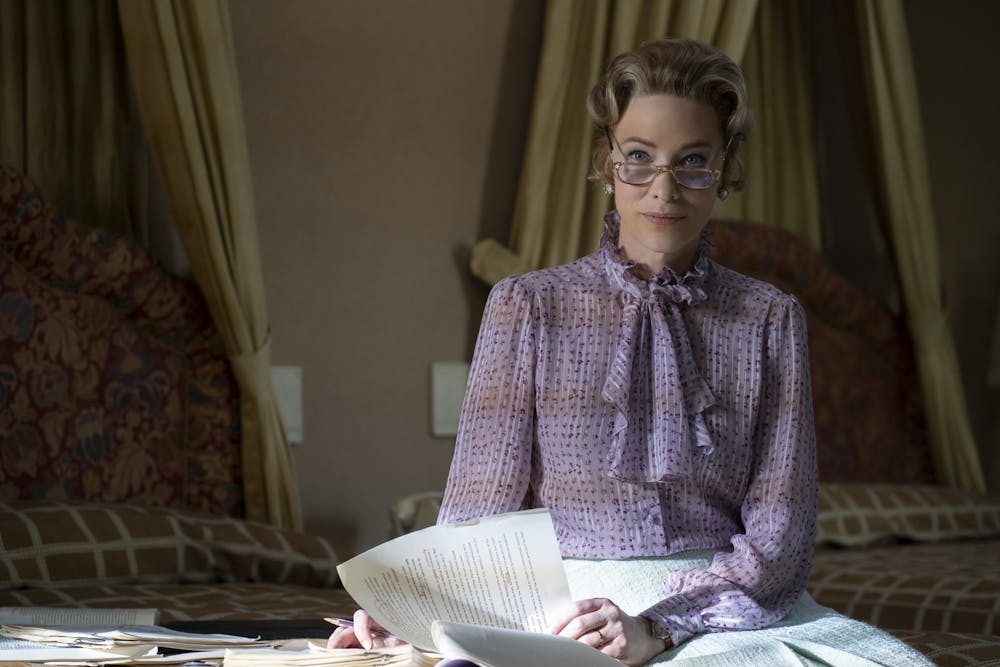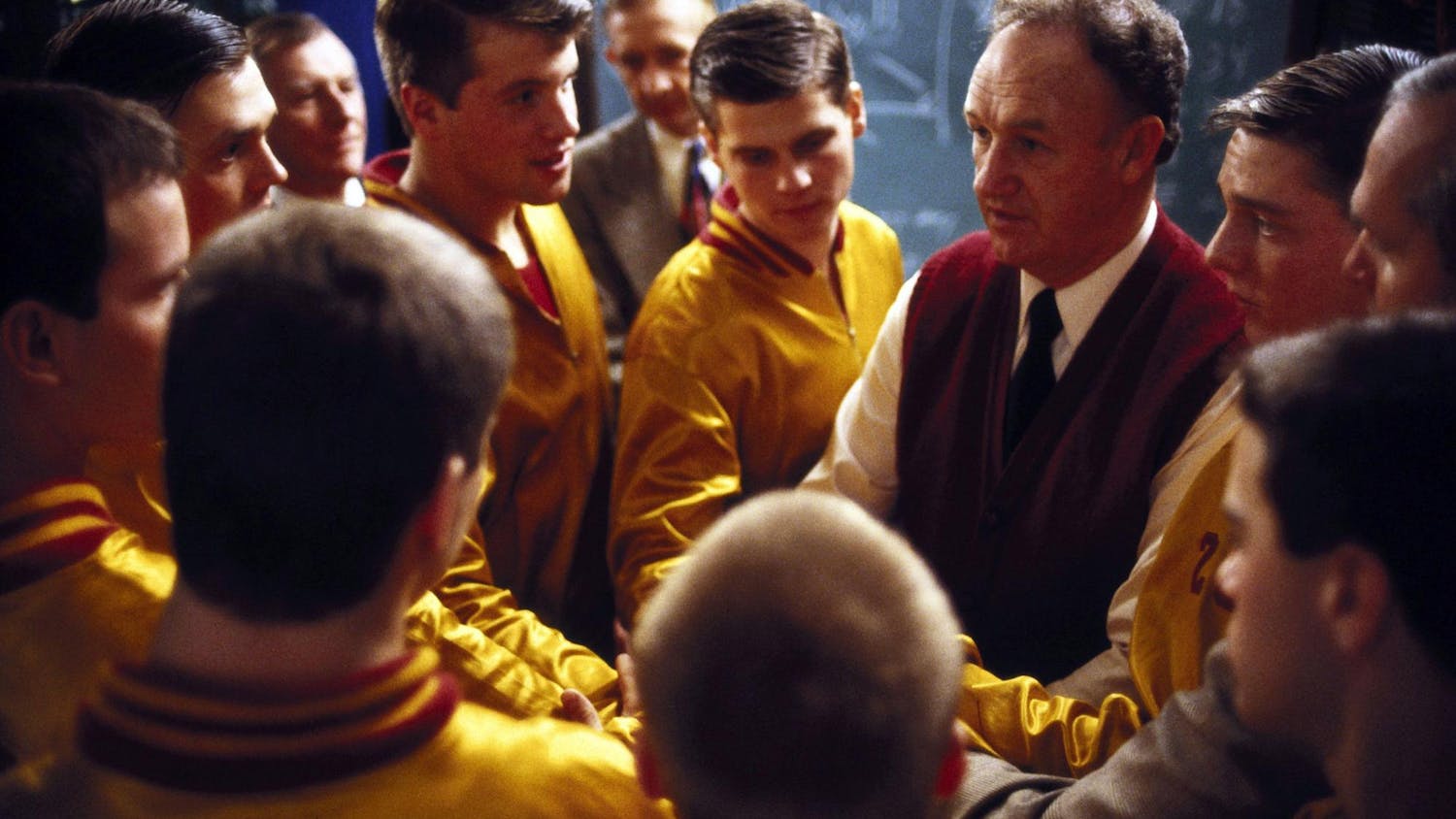I thought I knew about Phyllis Schlafly.
Schlafly, a housewife-turned-activist who used her opposition to feminism to build a national profile as a pre-Reagan conservative voice for women, was maybe given a line in my high school history textbook.
The FX on Hulu miniseries “Mrs. America,” which wrapped up in a final episode on the streaming platform last Wednesday, gives her a symphony.
The show tells the story of the failed push in the 1970s to pass the Equal Rights Amendment, which was designed to guarantee equal rights for all American regardless of gender and was championed by feminist icons such as Gloria Steinem and Shirley Chisholm. The ERA fell a few states short of ratification due largely to Schlafly’s activism.
Schlafly is played by the ever-excellent Cate Blanchett, who manages the difficult act of humanizing Schlafly for a modern audience, while not downplaying the damage she caused.
When an actor plays a real-life politically controversial figure, there can be a tendency for the story around it to adjust its worldview so the protagonist is the good guy. I’d like to term this the “‘Bombshell’ effect” after last year’s Fox News sexual harassment drama, which portrayed Megyn Kelly as a feminist hero for the #MeToo moment instead of taking the time to critically examine her actions.
“Mrs. America” doesn’t make the same mistake. The audience sees her gain followers out of fear mongering, misrepresent the Equal Rights Amendment and quietly accept the support of the Ku Klux Klan. In one scene, she’s the monster in a nightmare — not as some warped version, just her.
However, one of the show’s central arguments is that Schlafly herself was subjected to the same sexism her opponents so staunchly fought to end. The empathy never bleeds over into justification, though. She’s a complicated figure, and the show is all the better for leaning into that complication.
Though Blanchett commands the show, each episode has a different central figure. Most of them are feminists Schlafly opposes, and their story is largely of the conflict between pragmatism and idealism while fighting for social change.
Of these, the standout is the episode focused on Shirley Chisholm’s historic 1972 presidential campaign, where she became the first black candidate for a major party nomination and the first woman to run for the Democratic Party's presidential nomination. Chisholm is played by “Orange Is The New Black” alum Uzo Aduba, and it’s a shame this is an episode of a television series and not a movie all on its own.
The episode focuses on the end of the campaign, when defeat was obvious to everyone in the room but Chisholm kept holding out to concede. Through Aduba’s acting, Chisholm’s frustration and sadness at being abandoned by her peers in favor of a more practical choice is palpable.
The show pulls off the rare feat of looking to the past to comment on the present in a convincing and thoughtful way, instead of heavy-handed allusions accompanied by oversimplification of heavy material. Just look at “Jojo Rabbit,” which offers that the answer to state-mandated fascism and genocide is being nice.
It accomplishes this because it doesn’t look at the time it’s capturing as a self-contained moment, but as a chain in the progression leading up to the modern era’s trademark divisive partisanship.
Through its complex understanding of the material and performers at the top of their game making history seem human, “Mrs. America” makes a case over the course of its seven episodes for how we got here. It’s a compelling one.






